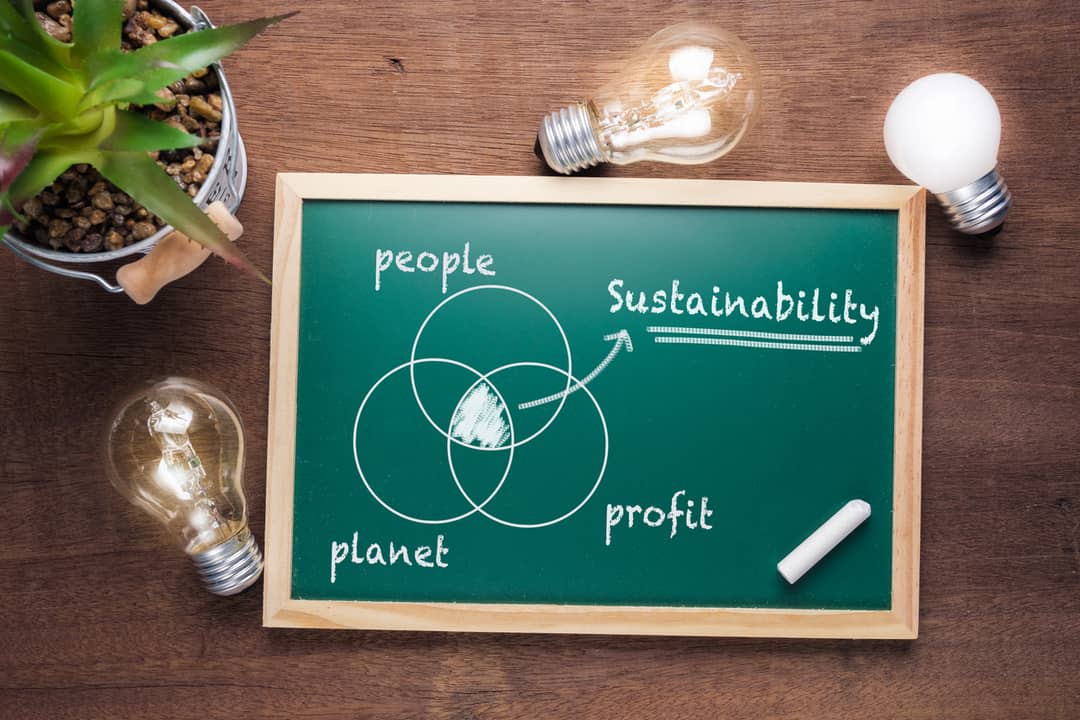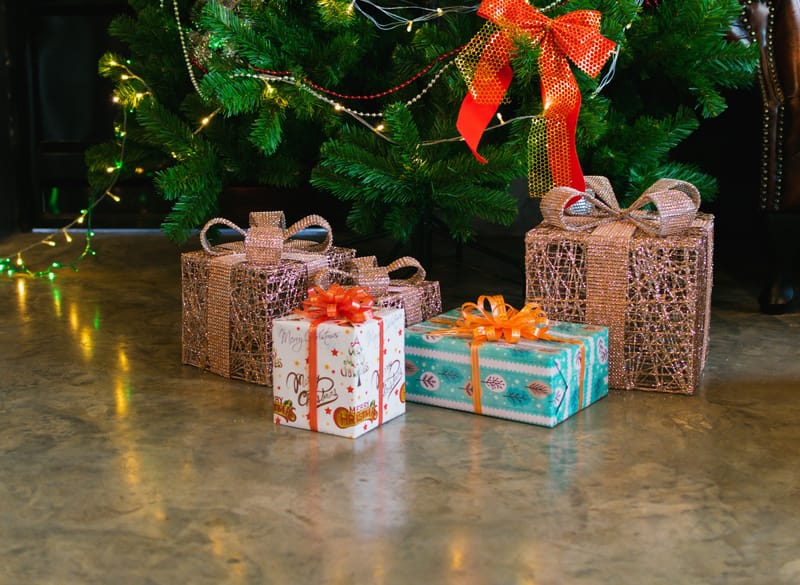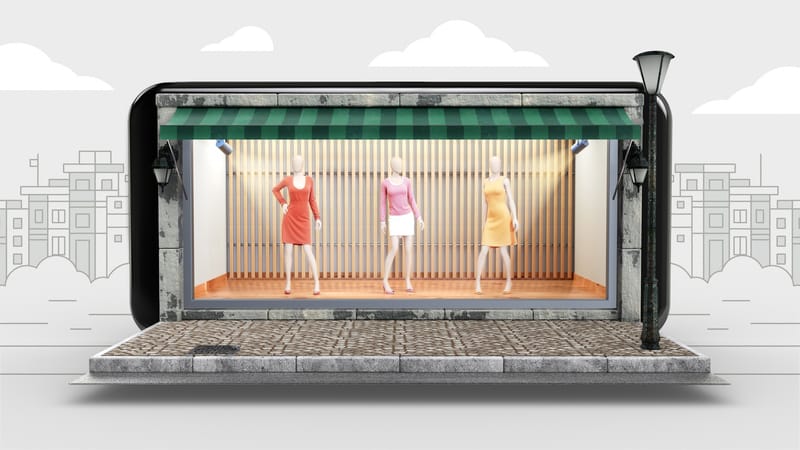
World Entrepreneurs’ Day is celebrated to create awareness for entrepreneurship, innovation and leadership around the world. It’s a day for those who start and nurture their own businesses in a diversity of sectors. It’s a day in which we recognise and celebrate those courageous enough to blaze their own trail.
Despite significant hardships, many young refugees are pushing the limits of what most people recognise as the general entrepreneur spirit.
In many cases, those who have fled war or persecution are tough, educated and hardworking self-starters who set up their own businesses and become significant wealth creators.
Malaysia’s refugee melting pot
Malaysia is home to one of the world’s largest urban refugee populations, hosting more than 179,000 refugees and asylum seekers, according to the United Nations High Commission for Refugees (UNHCR).
About 154,860 are from Myanmar, comprising about 102,960 Rohingyas, 22,500 Chins, and 29,390 are other ethnic groups from conflict-affected areas or fleeing persecution in Myanmar.
The remaining individuals number about 24,590 refugees and asylum seekers from 50 countries fleeing war and persecution, including Pakistanis, Yemenis, Syrians, Somalis, Afghans, Sri Lankans, Iraqis, Palestinians, and others.
About 68% of refugees and asylum seekers are men, while 32% are women. There are some 45,810 children below the age of 18.
Despite this large number of refugees in the country, Malaysia is yet to sign up to the United Nations’ 1951 Refugee Convention and its 1967 protocol, and it has no legal or administrative framework for dealing with refugees.
Refugees don’t have access to formal education, or the right to work. As such, refugee youth, in particular, rely on informal parallel systems of community-based learning centres for education, and are more likely to enter the informal sector of the economy for work.
An initiative to support refugees in higher education
Since 2017, under PRME (Principles of Responsible Management Education), Monash Malaysia School of Business has helped coordinate the CERTE (Connecting and Equipping Refugees to Tertiary Education) taskforce. CERTE aims to identify refugees who can demonstrate the motivation and academic potential to gain access to education, and equip and empower them to gain a place at any university or college in Malaysia.
The taskforce is supported by Opening Universities for Refugees (OUR), UNHCR Malaysia, the CERTE steering committee comprised of academics and humanitarians from the UK, US, Bahrain, Singapore and Malaysia, and the non-government agency Fugee. As of 2020,19 CERTE participants have gained admission to private institutions in Malaysia.

However, despite efforts to help refugee youth gain access to higher education, a large number of them are unable to pursue the opportunity.
Like many, refugees need to earn a living to support themselves, especially given they’ve lost most, if not all, of their productive assets after fleeing their home countries.
In many cases, due to desperate living conditions, refugee youth share financial responsibilities for their household.
According to one refugee youth:
“As a refugee, finding a job was difficult even before COVID-19. The pandemic has made it worse. Times are really tough.”
Thus, although higher education academic opportunities are a priority for refugee youth, the assistance rendered to them should deliver balanced solutions between academic opportunities and skills to meet their basic and immediate needs, simultaneously helping them build the means to generate income, and better-integrate into their host country.
It’s not unusual for young refugees to set up businesses to earn a living, as it’s easier to be one’s “own boss” rather than rely on a job market that may discriminate against them.

The inclusion of the new Sustainable Development Goal (SDG) indicator 10.7.4 (“Proportion of the population who are refugees, by country of origin”) to the global indicator framework further recognises the relevance and importance of such solutions for the achievement of the 2030 Agenda.
Twelve priority indicators are specified under three policy areas, including basic needs and living conditions, livelihoods and economic self-reliance, and civil, political and legal rights.
Read more: Doing good, feeling bad: Improving the mental health and wellbeing of social entrepreneurs
Recognising this need, the Employability and Entrepreneurial Education Virtual (3Ev) Program for Refugees 2021 was created via a collaborative effort between UNHCR Malaysia and the Monash Malaysia School of Business PRME platform. The 3Ev Program for Refugees, which began on 13 July, 2021, was conducted for three weeks.
The program’s purpose is to enable refugee youth to develop their employability and entrepreneurial skills. This includes skills to communicate effectively in business conversations, manage their emotions, mental health and wellbeing in the workplace (especially during the COVID-19 pandemic), utilise technology to improve personal branding, be resourceful and innovative, apply idea generation techniques, and develop an entrepreneurial mindset.
The 3Ev program largely achieved its main objectives, and shows the potential impact of such initiatives.
It built opportunities for these young refugees to practice skills, discuss ideas, be creative, build relationships, and participate in a meaningful way.
As one participant reflected:
“The program empowered me and gave me the encouragement I needed.”
Another remarked:
“It's made me a critical thinker, and has given me amazing ideas!”
The program complements higher education academic initiatives, and offers young refugees a chance to secure a host of intersecting soft skills and foundational personal attributes that can help them meet their basic needs and become self-reliant. It can further improve their situation by enabling them to become problem-solvers and agents of change in their communities.
As we celebrate World Entrepreneur’s Day on 21 August, it’s important to acknowledge the potential of refugee youth as entrepreneurs.
Refugees are known to be exceptionally entrepreneurial, thanks to their resilience, drive and strong work ethic.
As one 3Ev participant remarked:
“I am learning to see possibilities everywhere. When you have to rely on yourself and your imagination in order to generate income, this awareness goes with the territory.”
Indeed, it’s this attitude that enables young refugees to thrive, not just to survive, and to be creative members of society. But they need our support.
Seen in this light, such educational initiatives by business schools can provide tremendous insight, skill and inspiration to refugee youth within the community, especially during this unique and challenging time.





